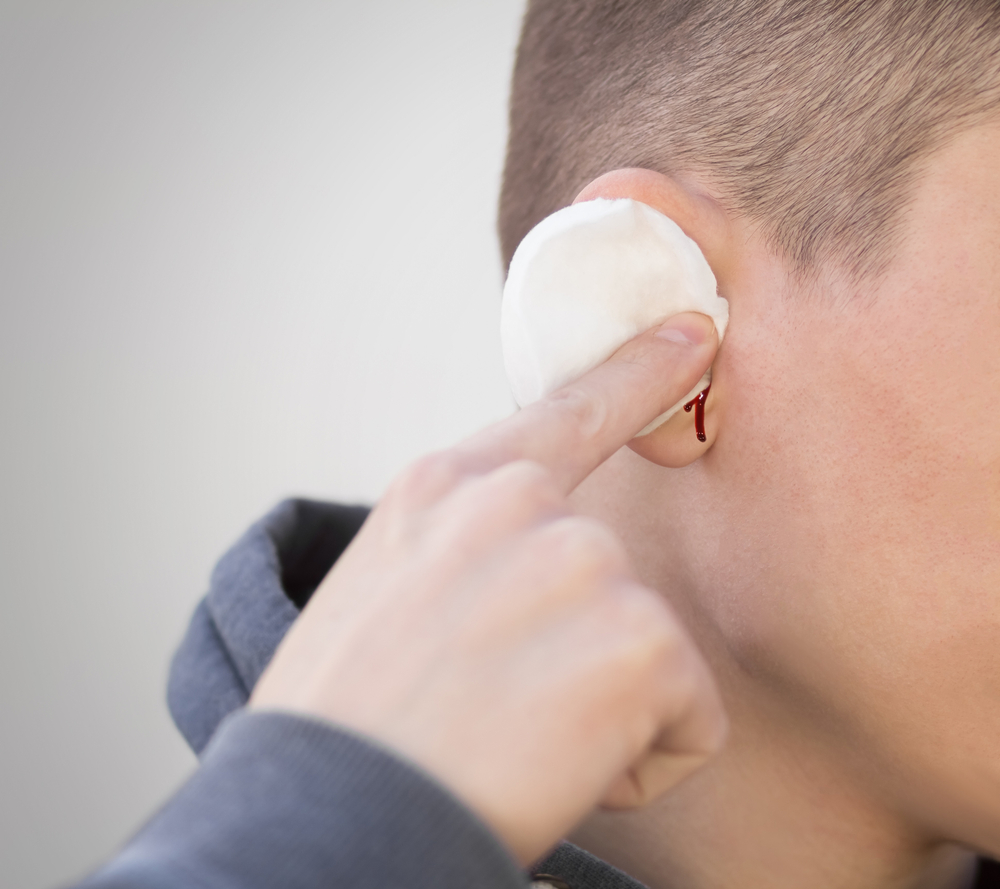Almost 15 to 20 percent of adults over the age of 18 experience hearing loss and that percentage rises sharply with age. There are several ways people can try to minimize their chances of losing some or all of their hearing. According to studies, women can decrease their chances by staying in shape.
Researchers found that women with a lower Body Mass Index, or BMI, and those who exercised regularly had a lower risk of hearing loss.
What Studies Say About Weight and Hearing Loss
One study followed 68,421 women from 1989 to 2009. Researchers at Brigham and Women’s Hospital used collected data, including BMI, waist circumference, and physical activity. They combined that with self-reported hearing loss to discover what differences there were for women of the same age group. They found that women with bigger waists and higher BMI scores had an increased chance of hearing loss. Women who exercised more had a decreased likelihood of self-reported hearing problems.
A more recent study in 2019 found that a higher body mass index, especially a higher fat index, was associated with higher levels of hearing loss. More impressive was that this was true regardless of gender.
What Is BMI?
Body Mass Index is a measurement of body fat based on a person’s weight and height. BMI categories include a continuum between underweight and obesity, with higher numbers indicating a higher proportion of body fat. In the Brigham and Women’s Hospital Study, women with a BMI of between 30 and 34 experienced a 17 percent higher risk of developing hearing loss. The most significant difference in risk was women with a BMI of 40 or higher, who suffered a 25 percent higher risk compared to women with a BMI of less than 25.
The Role of Exercise
Women in the study who had higher levels of physical activity experienced less hearing loss than those who engaged in the least levels of activity, with a difference of 17 percent. The most common form of physical activity that women reported was walking. Women who walked two hours per week or more have a 15 percent lower risk of hearing loss. Women who wish to become more physically active to help prevent hearing loss should discuss doing so with their physicians. Ask your doctor before beginning any exercise program.
What Does All of This Mean?
It is not uncommon for women to accept their hearing loss as something that comes with age. Exercise and maintaining a healthy BMI may prevent that damage. At least it will delay how quickly women lose their hearing. Along with the other great reasons to exercise, women can look forward to protecting their hearing. This can be done through walking or other forms of exercise, and by maintaining a healthier level of body fat.



